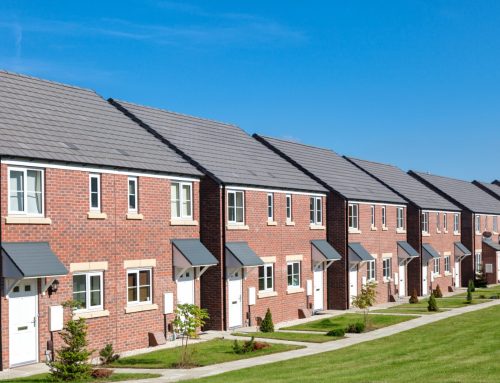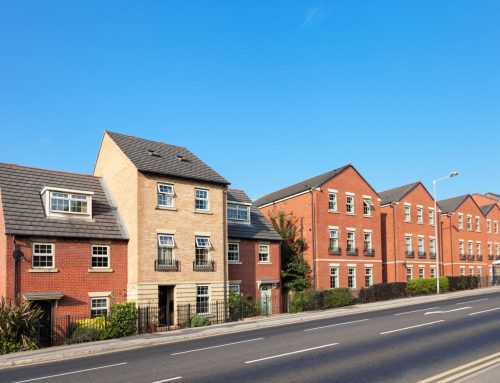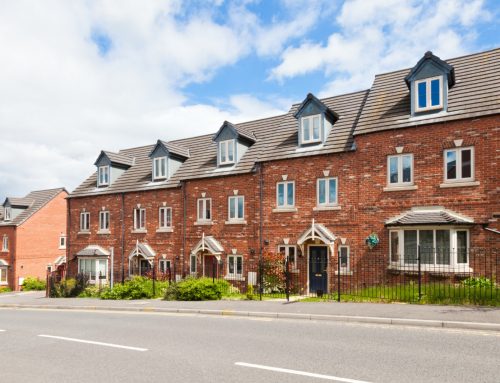Rising UK House Prices Means First Time Buyers are Frozen out
Rising House Prices Restricting First Time Buyers. UK’s rising house prices have been outpacing wage inflation for many years, which for many aspiring homeowners, has left the first time buyers needing larger deposits which has made home ownership getting further out of reach for which is alienating many buyers. There is no longer a city in the south of England where house prices are less than seven and a half times average local incomes, according to analysis by Lloyds Bank earlier in 2016. The trend has been that investors crowd them out at the bottom of the market, according to property listings website Rightmove. In September, the average asking price for a home in England and Wales rose 4% over the year and 0.7% month-on-month, said the Rightmove house price index, hitting £306,499. But for properties with two bedrooms or less which is the sub-sector traditionally dominated by first time buyers, the average asking price hit £194,977 after rising 3.3% over the month and 10.5% annually.
Rising House Prices Restricting First Time Buyers
“The rising tide of prices is marooning more and more first-time buyers, out-stripping their ability to meet stricter lending criteria and afford the required deposits and monthly repayments,” said Miles Shipside, director of Rightmove. “Increasing numbers are being cut off from home-ownership altogether and while schemes are in place to help, the additional demand they create is not matched by available and affordable supply.” Additionally, to the rising house prices restricting first time buyers, there are other obstacles; Post the global financial crisis, we have seen a stricter lending requirements. In 2014, The Bank of England curbed mortgage lending. Most new mortgages must be under a multiple of 4.5 times the borrower’s income. With the view of restricting the amount of debt people can take on. The financial regulators are conscious of the record low interest rates. Which, when they rise, could create a credit bubble where people took on more debt than they could afford in the longer term. Due to this, the restrictions on lending and emphasis on more long term stress testing is considered when accessing potential mortgage applicants’ ‘affordability’. “Ironically the post-referendum uncertainty has made some sellers of larger and higher value homes more willing to negotiate, making it easier for those already on the ladder to trade up,” Shipside said. “There appear to be no such positives at present for those hoping to get onto the property ladder, especially as agent’s report more investor activity attracted by better returns than available elsewhere.”
Market stabilizing following Brexit uncertainty.
More generally, the effects of the vote for Brexit in the 23 June referendum look to have subdued. In August, there were asking price falls in eight out of ten regions. But by September, asking prices had risen or were flat in seven out of ten. Competition for property remains high, as first time buyers compete with international investors who have the additional motivation to buy due to the weak GBP, which allows their domestic currencies to go further than pre June 23rd. There has been a notable rise in interest from China for UK investment property “The market continues to shake off the effect of post-Brexit vote uncertainty, though more so in the lower end sector,” Shipside said. “Buyers are still looking and enquiring, but there are limits on their willingness or ability to pay over the odds so sellers should be wary of over-pricing unless their local market can really justify it.” As we look at the market from a wider perspective, the increasing difficulties facing first-time buyers mean that more and more people are forced to rent. Therefore the UK Rental Demand Rises making investing in the UK more attractive to buy to let landlords despite the recent tax changes. Home ownership has fallen from the peak of 71% in April 2013, to 64% recorded in February 2016. The lack of sufficient numbers of new build properties is intensifying the problems for first time buyers.








